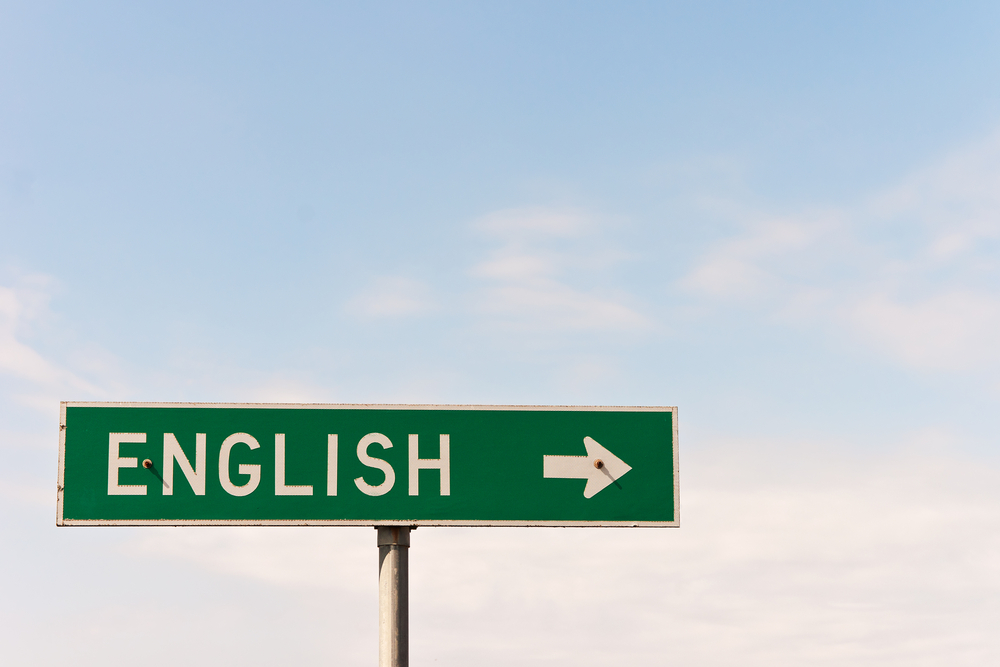The Senate does not wish to discuss the proposal until a new government has been installed. The cabinet wants courses to prove that their language of operations has ‘added value’. Additionally, these programmes must also improve the students’ command of the Dutch language.
The Senate already voiced quite some criticism (links to Dutch content) on the proposed legislation, their written questions revealed. One Senate member fears it will lead to an administrative burden, another says the proposal is a paper tiger.
On hold
The Senate does not want to wait for outgoing minister Van Engelshoven’s defence. They have put the proposal on hold until after the election.
This proposal is already the result of a precarious balancing act, the minister stated (links to Dutch content) at the end of 2019. In the proposal, she had to consider ‘the quality and accessibility of higher education, the added value of internationalisation and the value of our language.’
But, Van Engelshoven also had to take the political forces within the coalition into account. This political balance could change after the election, but there is no telling how exactly. These are exciting times for the language policy in higher education.
Legislation against Anglicisation
The proposed legislation, entitled ‘Language & Accessibility’ stems from the increasing criticism of the internationalisation of higher education. In particular, universities offer a growing number of courses in English, especially in their masters’ programmes.
Critics claim the institutes want to enrol international students in an effort to increase their government funding, at the expense of the quality of education: all this English would affect the students’ command of the Dutch language.
Others feel that higher education in English prepares students for a career in the global employment market of the future. Moreover, science has already been internationalised in no small degree.

 Photo: Shutterstock
Photo: Shutterstock